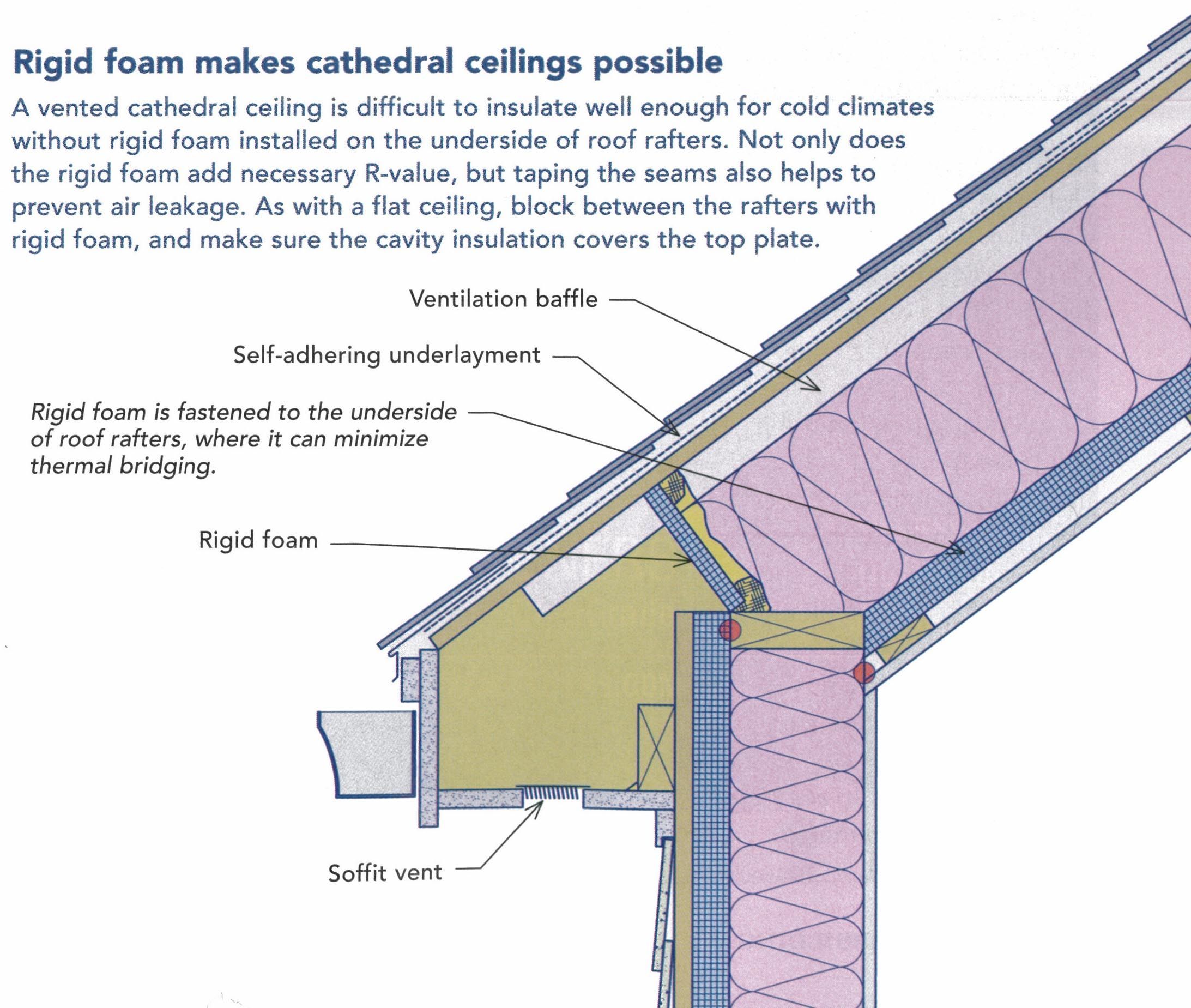Cold Flat Roof Ventilation

Cold flat roof ventilation corrected this is a followup video on how to fix problems with cold flat roof ventilation.
Cold flat roof ventilation. Their layer of insulation is beneath the roof decking and the roofing membranes. Cold deck flat roof the thickness of insulation required will vary depending on the material you decide to use and the manufacturer s specification. This significantly reduces the amount of rising heat and in turn condensation. That means the rest of the roof is protected from heat.
A cold roof really is colder than the rest of your home in the winter which means condensation is much less likely to develop. However they help to not only stabilize the temperature within the roofing system and attic but also allow moisture to escape. A ventilation gap usually 50mm should be. Ventilation for cold roofs.
2011 code of practice for control of condensation in buildings stipulates that there should be a ventilation gap between the insulation and the bottom of the flat roof deck of at least 50mm. Why don t cold roofs need to be ventilated. In a concrete deck for example this gap could be created by fixing 50x50mm timber battens at 600mm centres and attaching the insulation to underside of these battens. Correcting ventilation in cold flat roofs isn t that easy if the flat roof and.
The ventilation system required for a cold flat roof must be installed during the construction of the roof itself. Another common flat roof vent is the mushroom vent. We also have a parapet on a flat roof and the ventilation solution is not through the cladding but the design flows air over the parapet. In many cases cold roofs are used in storage spaces where there is no habitation occurring underneath.
This is a long slender aluminum vent that has a larger cover that is a domed shape.














































